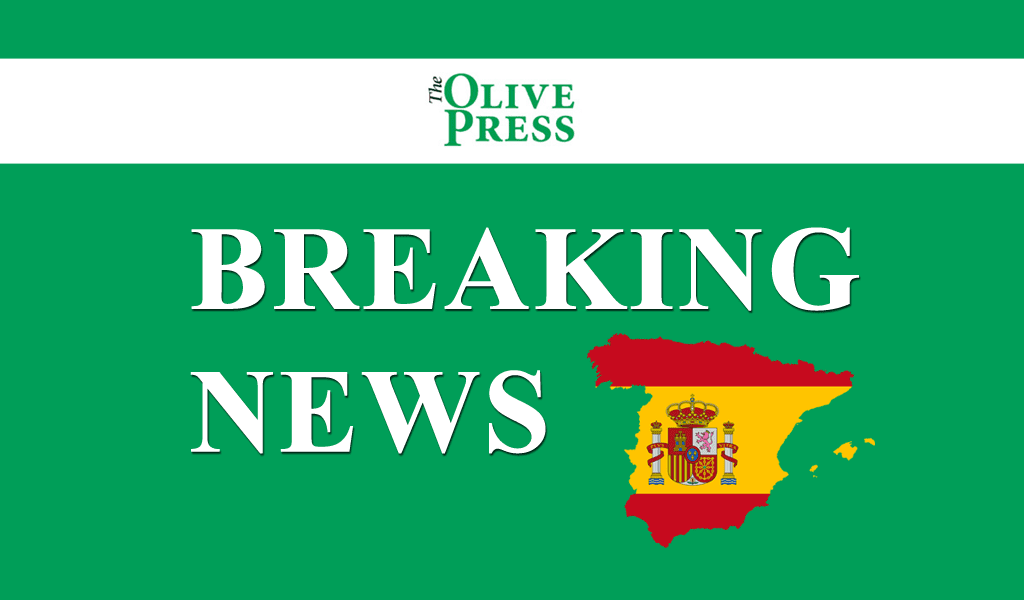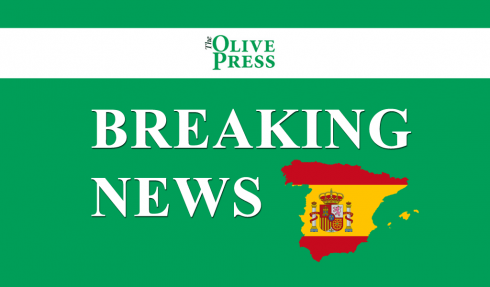RYANAIR will restart 40% of its flights from July 1.
The budget carrier said it will run almost 1,000 flights across 90% of its pre-COVID-19 network.
Routes will be restarted across the majority of its 80 European bases.
The Dublin-based carrier admitted that flights between EU countries will depend on restrictions being lifted and health protocols being put in place in airports.
“After four months, it is time to get Europe flying again so we can reunite friends and families, allow people to return to work, and restart Europe’s tourism industry, which provides so many millions of jobs,” said Ryanair CEO Eddie Wilson.
“Ryanair will work closely with public health authorities to ensure that these flights comply, where possible, with effective measures to limit the spread of Covid-19.
“As already shown in Asia, temperature checks and face masks/coverings are the most effective way to achieve this on short haul (1 hour) within Europe’s single market.”
Special measures are to be introduced to lower the risks of COVID-19 transmission among travellers.
The carrier will encourage people to check in fewer bags and to check in online and download boarding passes to their phones or mobile devices.
There will also be temperature checks at airport entrances while travellers must don masks at all times, including in the terminal and onboard.
The inflight service will be reduced and will only accept payment by credit card while air stewards will also wear face masks.
While in the air, travellers will have to ask to use the toilet and will not be permitted to queue.
Meanwhile, the planes themselves will be disinfected each night and have already been fitted with hospital grade air filters.
In a bid to allow for contact tracing in the case of an outbreak, passengers will fill in forms at check in detailing how long they will be staying and the address of their accommodation.
Wilson added: “With more than six weeks to go to July 1, Ryanair believes this is the most practical date to resume normal flight schedules, so that we can allow friends and families to reunite, commuters to go back to work, and allow those tourism based economies such as Spain, Portugal, Italy, Greece, France and others, to recover what is left of this year’s tourism season.”
Click here to read more Spain News from The Olive Press.







